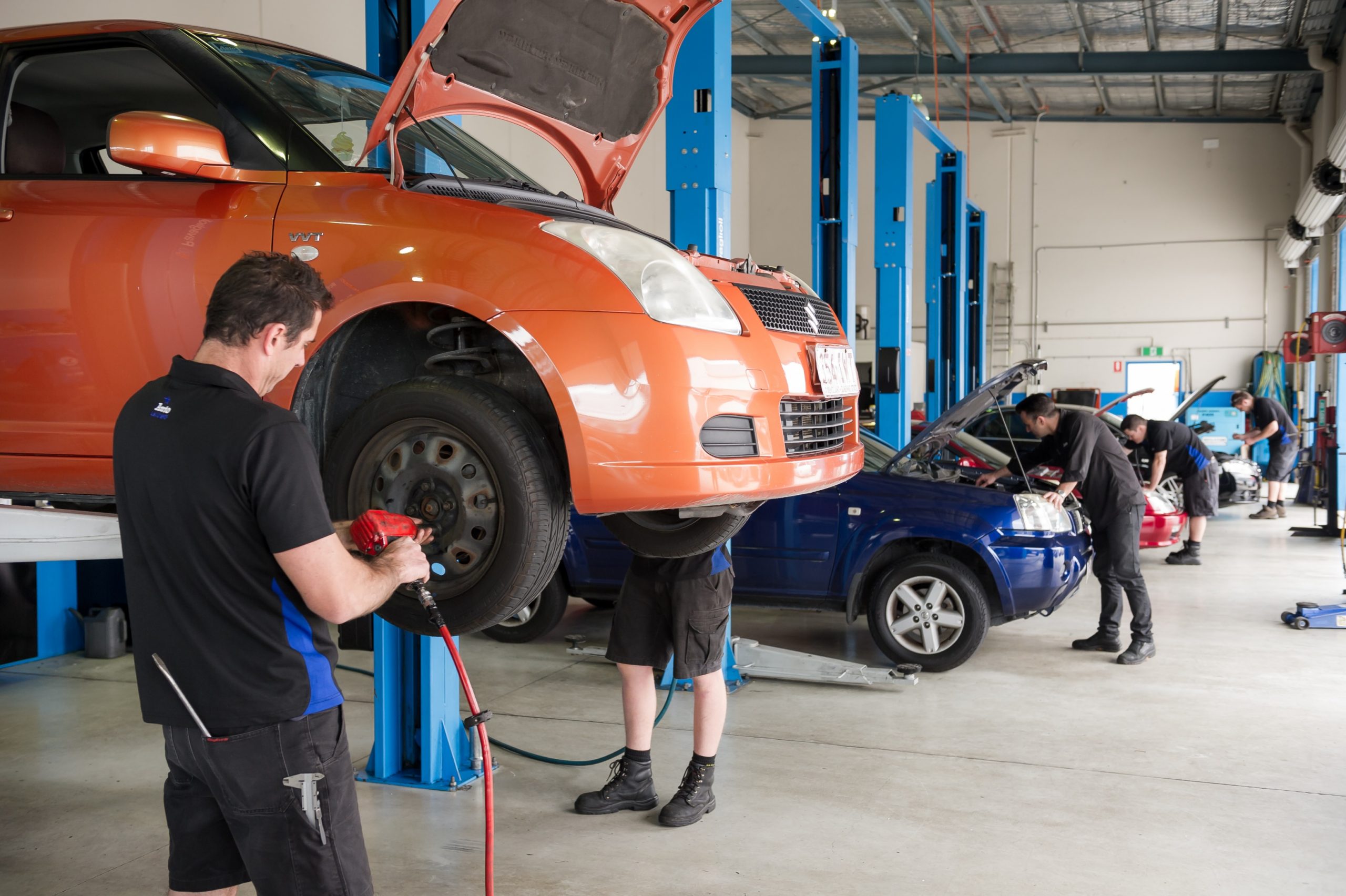The Australian auto industry has experienced significant transformations over the years, driven largely by advancements in technology. From the introduction of electric vehicles to the integration of artificial intelligence in manufacturing processes, technology has revolutionised the way vehicles are designed, produced, and consumed.
Electrification and Sustainable Mobility
One of the most remarkable shifts in the automotive industry has been the growing emphasis on electrification and sustainable mobility. As the world seeks eco-friendly alternatives to traditional internal combustion engines, electric vehicles (EVs) have emerged as a viable solution. Australia has witnessed a surge in the adoption of EVs, driven by technological advancements that have improved battery efficiency and extended driving ranges.
Connected Vehicles and IoT Integration
With the advent of the Internet of Things (IoT), vehicles have become more connected than ever before. Modern cars are equipped with advanced sensors and communication technologies that enable seamless integration with smartphones and other smart devices. These connected vehicles offer real-time diagnostics, predictive maintenance, and enhanced safety features.
Autonomous Driving and Safety Innovations
Autonomous driving technology has paved the way for self-driving cars, promising increased road safety and reduced accidents. Although fully autonomous vehicles are still being tested and regulated, numerous semi-autonomous features have been incorporated into modern cars. These include adaptive cruise control, lane-keeping assist, and automatic emergency braking.
Manufacturing and Supply Chain Automation
Beyond vehicle technology, advancements in automation have revolutionised the manufacturing process. Robotics and AI-driven systems have streamlined production lines, reducing production time and costs while ensuring higher quality standards. This transformation has also affected the supply chain, optimising logistics and inventory management.
The Australian Auto Industry
In response to the impact of technology on the Australian auto industry, traditional mechanical workshops must adapt to remain competitive and relevant. This adaptation entails embracing digital tools and software for improved efficiency and customer service, upskilling technicians to stay updated with the latest automotive technologies like electric vehicles and advanced driver-assistance systems, and adopting connected car technology to offer remote monitoring and preventive maintenance services. Furthermore, workshops should focus on sustainable practices, enhance their online presence and customer experience, explore collaborations with technology companies and automotive service providers, and stay compliant with evolving regulations. By taking these steps, mechanical workshops can effectively navigate the changing landscape and meet the evolving needs of the industry and customers.



